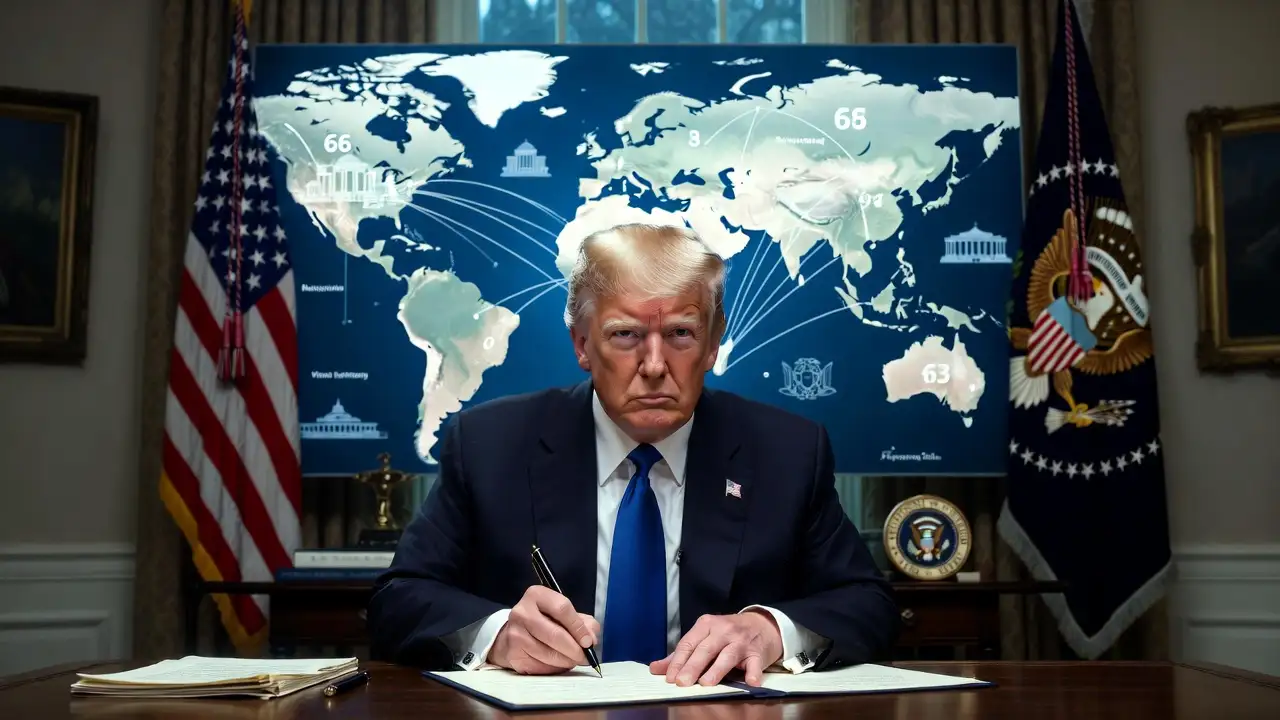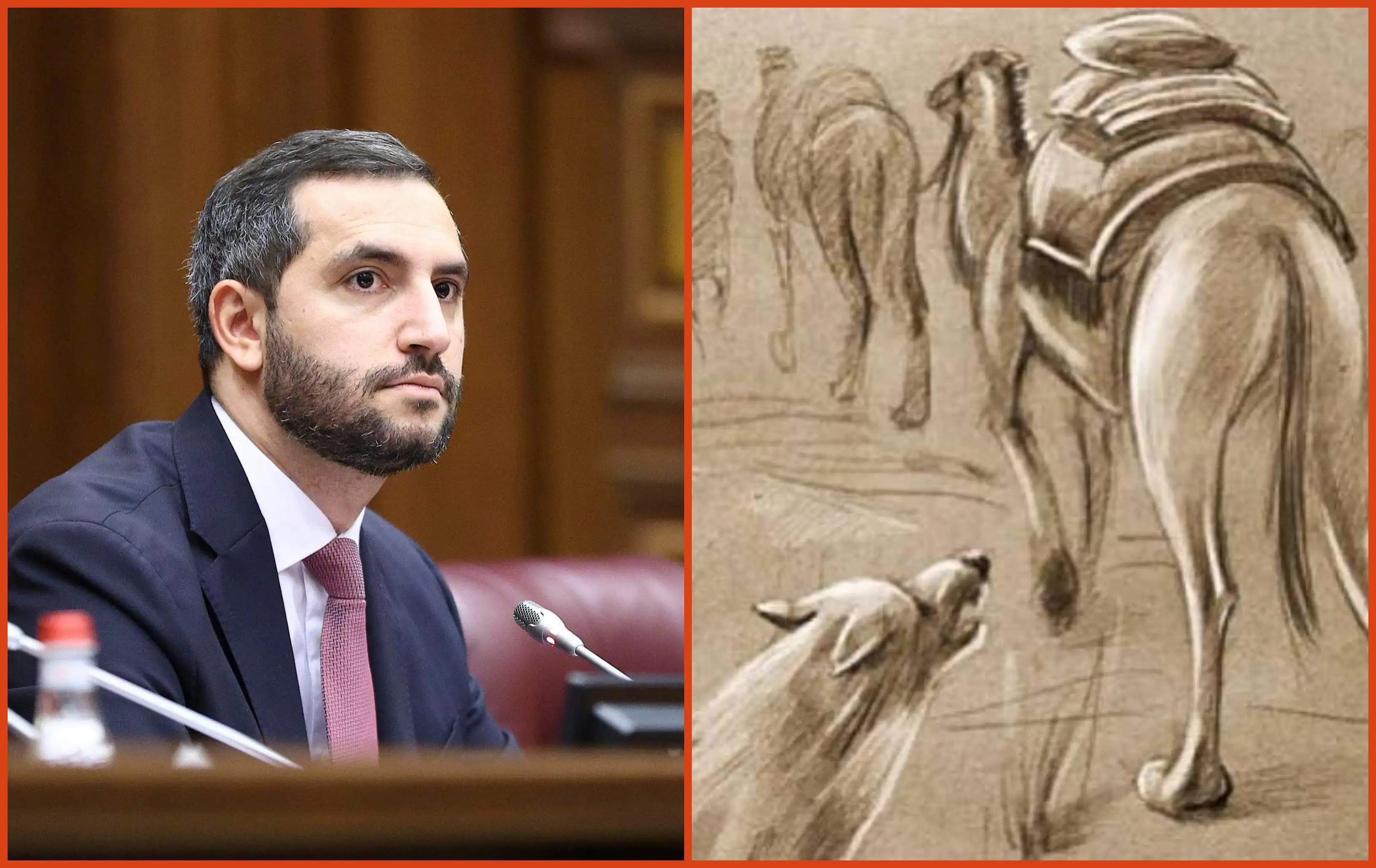The RA Law "On Cryptoassets", which entered into force on July 4, has already been criticized by representatives of the industry.
According to the justifications, this law regulates the circulation of cryptoassets and aims to protect investors and develop the technological environment.
According to Eduard Avetisyan, founder of Bitcoin Armenia, however, the legislative changes have not only caused uncertainty, but also threaten to hinder the normal development of the entire industry.
"There were certain discussions, our opinions and advice were completely ignored. What they brought from the beginning, they continued to do the same thing. The general community is very dissatisfied with the process," he said in an interview with Radar Armenia.
Avetisyan highlights several problematic points. The first of them is the relinquishment of control to the Central Bank.
"Control of this industry is given to the Central Bank. And banks and crypto are competing industries. If crypto develops, it means that capital is leaving the banking system. Bankers should not control this sector."
The next problem, according to him, is the incomprehensible tax field.
"Tax rules are incomprehensible, illogical. There is uncertainty in the sector about what to do. Additionally, the tax provision is in effect, but no one has any idea how it will be implemented in practice. We are sending inquiries, trying to understand."
In addition, banking services are not available to the sector.
"Banks do not serve crypto companies. In other words, the door to non-cash is closed, and now they want to ban cash. It turns out that crypto companies in Armenia will not be able to continue their activities in general."
According to Avetisyan, deep uncertainty currently reigns in the crypto sector. It is not clear what regulations the Central Bank will develop, what investment capital they will require, and whether existing companies will be able to comply with these conditions.
"Nobody knows about exchange rates, there is no one familiar with these processes who knows what kind of accounting to keep. I asked the deputy head of the tax department a few days ago, and he said, To be honest, I am not aware. Send it in writing, and they will answer."
He also points out the inefficiency of the new taxation mechanism and its lack of compliance with market logic.
"The government should decide which prices to take from the exchanges, set average prices, and companies should pay taxes on sales transactions that differ from them. But in the case of crypto, exchange rates can fluctuate by 10–20 percent daily. Fixing a daily exchange rate can lead to unreasonable taxes. Things are written that are out of touch with reality."
Although there are significant problems in the sector, experts are already discussing possible options for unification to protect their interests.
"Crypto exchanges are preparing to establish an association, let's protect our interests in this way, because all rights and interests are being violated."
According to him, the WEB3 Foundation expresses concern that these changes could seriously harm the country's opportunities related to the development of an innovative economy and startups.
A. Poghosyan




















